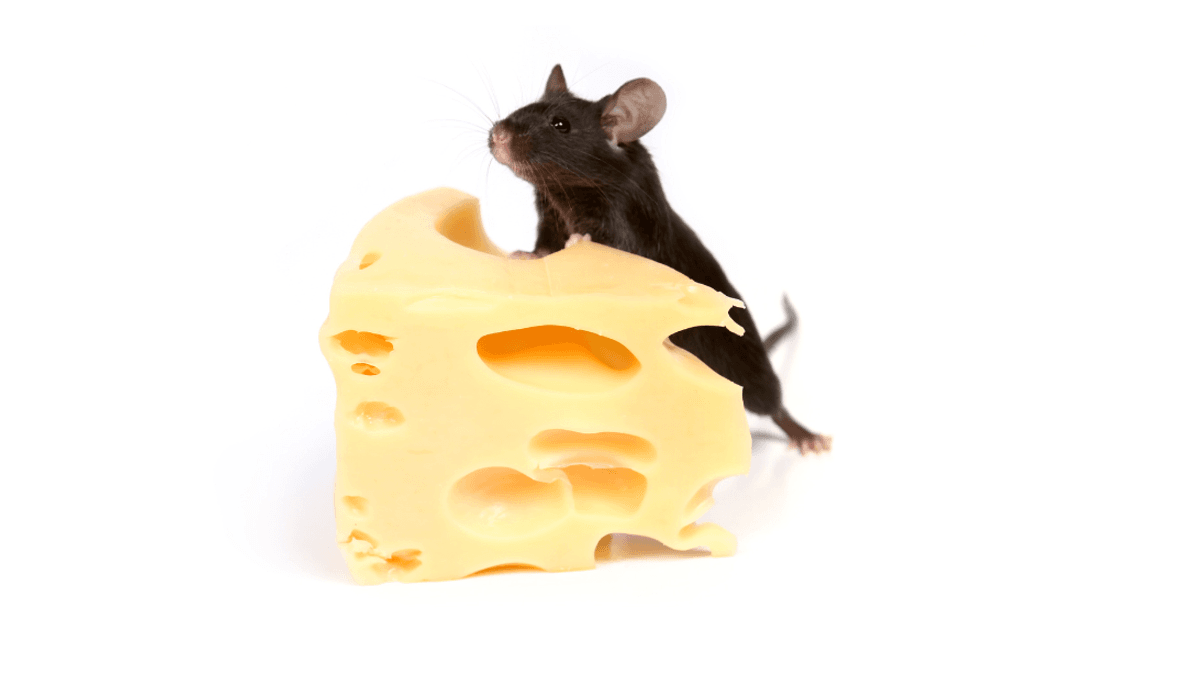
Losing weight is, for most of us, both painful and difficult to the point of impossibility. It’s either an exercise in self-denial, counting calories or hours until your regimen says you can eat again, or else it’s a laundry-list of side effects from some drug or supplement that you’re potentially tied to for life.
Wouldn’t it be better, you might think, if we could just update our cellular makeup for the modern world. We don’t hunt mammoths or run from sabertooths anymore; most of us just sit in front of various screens for most of the day. We don’t need our bodies to store endless calories as fat, or reduce our metabolism low enough to withstand an errant ice age – so how do we stop them from doing it?
Well, there is one potential solution. A few years ago, researchers in the Weizmann Institute of Science, in Israel, were messing around with mouse genes when they accidentally discovered “Mitch” – or, to use its more formal name, MTCH2. It’s a protein, living right on the edge of the mitochondria, and it seems to be something of a master key to beat obesity.
“We discovered that deleting Mitch led to a major drop in fats in membranes,” said Atan Gross, head of the Institute’s Gross Lab where the research was undertaken and co-author of a recent paper investigating the protein’s effects in human cells, in a statement this week.
“At the same time, we saw an increase in fatty substances used to produce energy,” he explained, “and we realized that the fat was being broken down from the membrane to be used as fuel.”
Mice whose MTCH2 proteins were silenced, or deleted, developed increased athletic capacity – they grew more muscle fibers, and their stamina and heart function improved. At the same time, they seemed “immune” to obesity: even when fed high-fat diets and without exercise, they remained slim.
Of course, that’s great if you’re an aspiring supermodel mouse, but it didn’t help humans all that much – until now. In the new study, Gross and his team showed those results are applicable in human cells too: that silencing Mitch increases the rate at which fat and carbohydrates are burned, and stops the creation of new fat cells.
“After deleting Mitch, we examined, every few hours, the effect that had on more than 100 substances taking part in metabolism in human cells,” explained Sabita Chourasia, a doctoral student in Gross’s lab who led the research. “We saw an increase in cellular respiration, the process in which the cell produces energy from nutrients, such as carbohydrates and fats, using oxygen.”
“This explains the increase in muscular endurance in previous experiments using mice,” Chourasia added.
The effect seems to be multi-layered: MTCH2 plays a role in metabolic regulation, but it’s also a key regulator of mitochondrial fusion, the team discovered. Without it, then, the network of fused-together mitochondria inside our cells collapses, making them less able to efficiently produce energy – or, in other words, they suddenly need a whole lot more input for the same amount of output.
But that’s not all. The team also discovered that MTCH2 is responsible for fat cell differentiation, in which progenitor cells – that is, undifferentiated cells which have the ability to become whatever the situation calls for – become fat cells. “When we deleted Mitch from the progenitor cells, we discovered that the environment created in these cells was not conducive to the synthesis of new fats,” Gross explained. “Reducing the ability to synthesize membranes prevents the cells from growing, developing and reaching the point where differentiation is possible.”
So, is this the dawn of a new next-gen obesity treatment? Well, let’s not get ahead of ourselves here: gene therapy is rare outside of very specific scenarios – and frankly, “I want to lose weight” is unlikely to qualify. Plus, you might not like the side effects of deleting Mitch from your life – in 2017, Gross’s team linked deletion of the protein to the loss of important cognitive functions including spatial memory, learning ability, and severe Alzheimer’s disease.
Still, what this is is a new step on the road to better understanding obesity, and potentially towards a new approach to treating it.
“[F]at accumulation requires a large amount of available energy, but in cells without Mitch, there is a shortage of energy,” Gross summarized. “In addition, the expression of genes necessary for differentiation is suppressed, and there is a shortage of the substances vital for this process to occur. As a result, differentiation of new fat cells is reduced, along with fat accumulation.”
“In other words, we showed that Mitch determines the fate of fat in human cells.”
The study is published in The EMBO Journal.
Source Link: Deleting "Mitch" Protein From Cells Could Make Humans "Immune" To Obesity